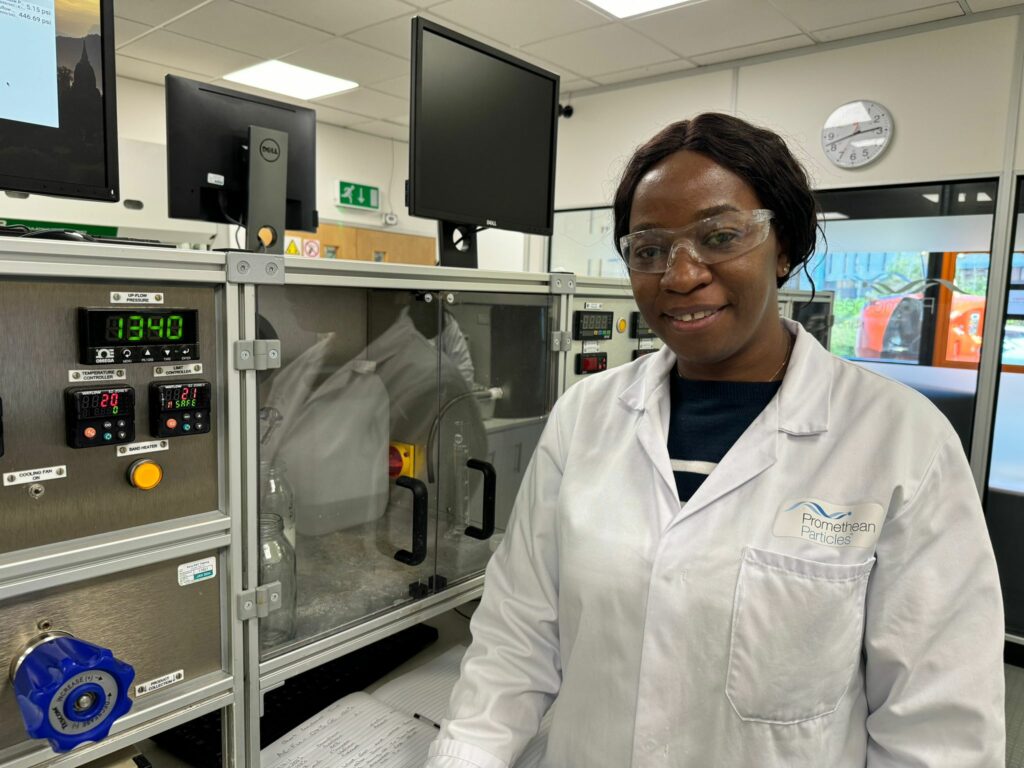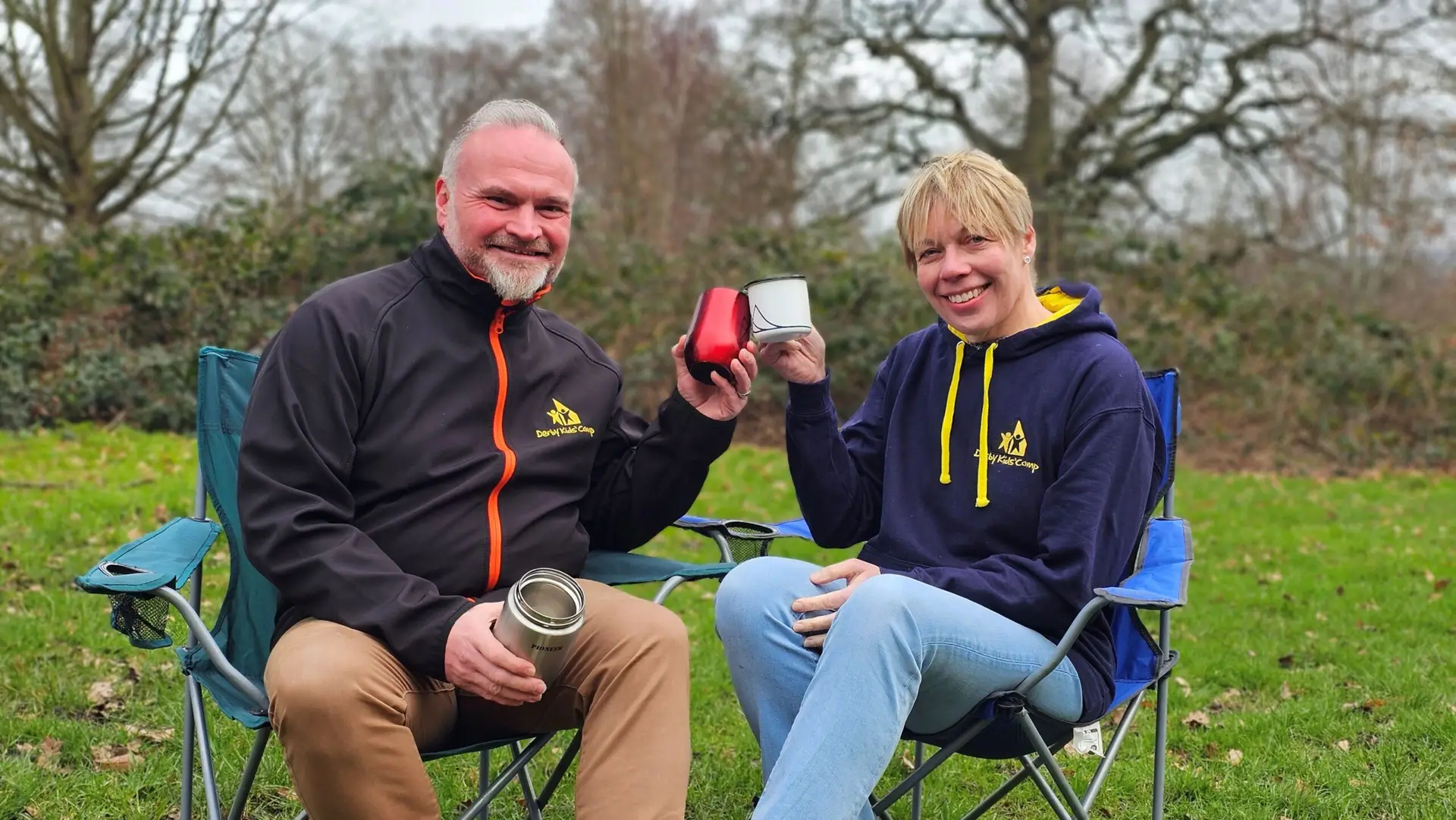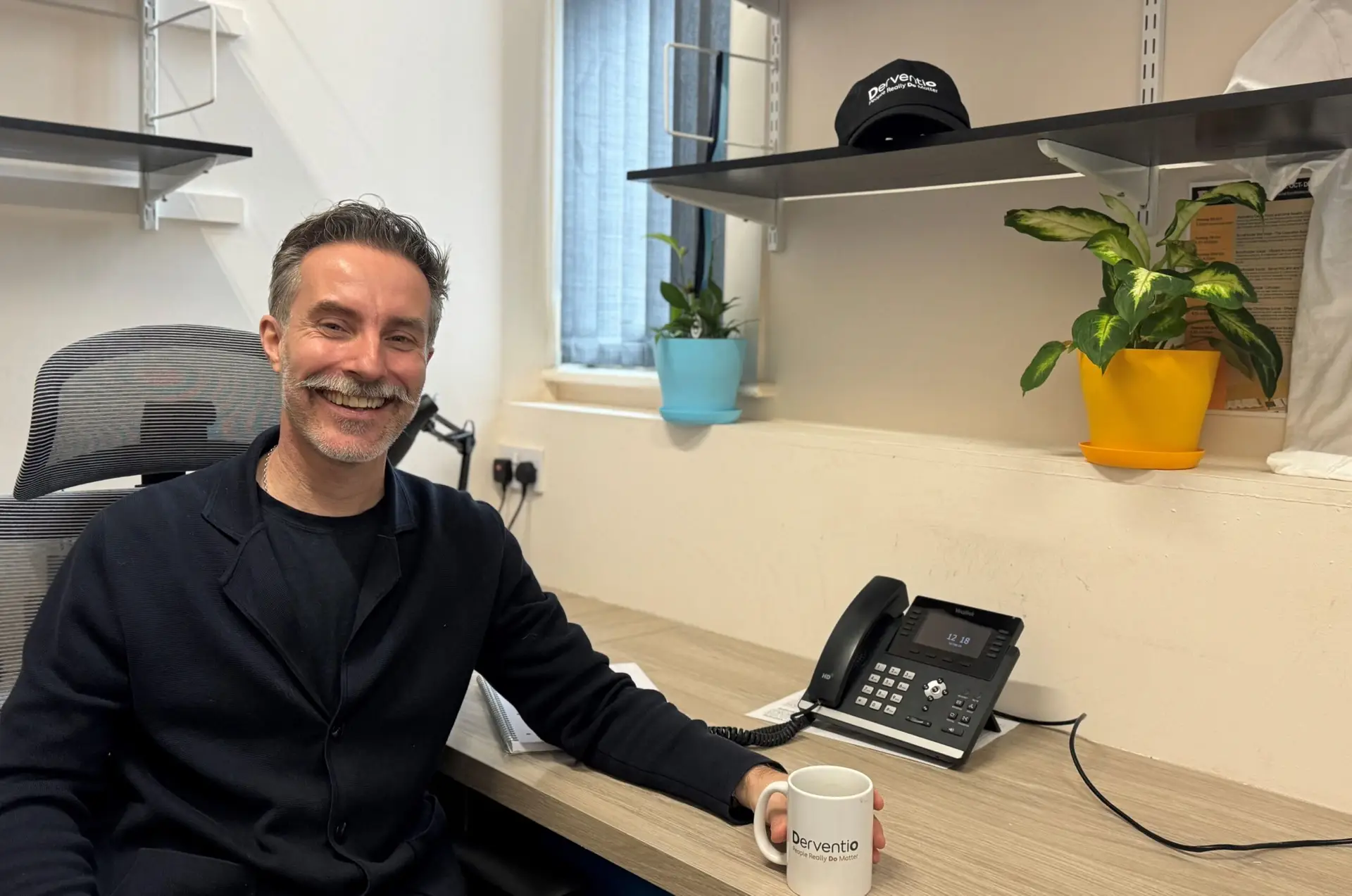A Nottingham-based company at the forefront of sustainable chemistry solutions tackling global issues associated with climate change has welcomed two new faces to its Research & Development function.
Promethean Particles is a world-leader in the production of advanced materials and is focused on developing these for use in the fight against climate change. Following a recent injection of funding, Promethean invited senior technical scientist Dr Leah Matsinha, along with laboratory technician Kale Cooke, to join the team.
The company, which recently won nearly €2.5million in funding through the European Innovation Council Accelerator programme, is pioneering the manufacture of metal-organic frameworks (MOFs) on an industrial scale. MOFs are being developed for a range of critical applications including carbon capture – which has been identified as key to tackling rapidly increasing global atmospheric temperatures – as well as separating gases, and harvesting water from the air.

A manufactured MOF takes the form of a pellet or granule and is housed within specialist engineered equipment where it acts to selectively adsorb – meaning, to create a thin layer on another surface – a target molecule such as water, carbon dioxide, or other gas. Once the MOF is saturated, the system acts as a ‘wringer’ to controllably release the molecules, so that the MOF can repeat the adsorption process. Through cycling between these states, the MOF is able to continually adsorb the molecules for which it has been designed.
By creating a supply of MOFs at a commercial scale, Promethean is building confidence in the marketplace for its customers to design and build the appropriate systems, allowing for an exciting future in which carbon capture and water harvesting are possible on a much larger scale than previously.
Leah comes to Promethean Particles after a highly varied career which has taken her from her native Zimbabwe to Cape Town in South Africa, where she completed her PhD in Chemistry, to Johannesburg where she benefited from a Royal Society FLAIR (Future Leaders – African Independent Research) Fellowship, before coming to the UK where she has carried on her work in MOF synthesis and carbon capture.
It was while in Johannesburg mentoring young scientists that Leah came across the properties of MOFs for the first time.
“The work we are doing at Promethean Particles is ground-breaking because, from my knowledge and experience, MOFs have historically only been made in laboratories at the gram-scale,” said Leah.
“At Promethean, we are scaling up MOF production to the tonne-scale and beyond. For me, the fact that we can make MOFs at such a volume is amazing. These compounds can find application in various industries, such as gas storage and transport, gas purification, and water harvesting. Promethean’s capability to produce MOFs at industrial scale puts us at the forefront of providing planet-focused solutions which is a very exciting space to be in.”

Leah’s day-to-day work at Promethean involves the development of new, efficient methods of making MOFs, with the aim of increasing throughput, reducing production costs, and ensuring the MOF’s core quality and performance delivers for the target applications.
For her, a key driver is the exciting possibilities that industrial-scale MOFs have in providing solutions to climate-related issues, which are acutely felt in her native Africa.
She said: “Access to clean water and renewable or sustainable energy is still a challenge in Sub-Saharan Africa today. MOFs, as an emerging technology, can help solve some of these challenges there and all over the world. The work we are doing allows our customers to build MOF-based systems that can capture carbon dioxide, or harvest water at a meaningful scale for the first time.
“For me, the struggles and challenges being faced in Sub-Saharan Africa are something you can’t just turn a blind eye to. I believe that, as a scientist, I can apply my knowledge and skills to make a contribution in tackling the challenges faced globally by humanity today, and my work at Promethean is doing that.”
Kale, who has come to Promethean shortly after completing a degree in Chemistry from The University of Leicester, said: “I find the work we are doing at Promethean fascinating. The MOF materials we’re making are addressing major global problems so I feel it’s a technology that is going to be around for a long time and is going to make a significant positive impact on all of our futures.
“Some of the MOFs we produce can be used to reduce carbon emissions, while others can harvest water from the air, especially in dry and hot climates where this could be extremely helpful. It’s good to be working somewhere where you can help make a difference.”
James Stephenson, chief executive officer of Promethean, said: “As the world becomes increasingly aware of the impact of climate change, the solutions presented by MOFs are attracting more interest from the business world. We are seeing companies developing innovative, MOF-based systems that will require our products, and financial investors keen to back clean technologies. This is good news for Promethean as we continue to scale up our MOF manufacturing operations to meet growing demand. We’re also expanding our knowledge base by recruiting talent with a diverse range of skills and experience. We are very happy to welcome Leah and Kale to our team.”
This story was written and shared on behalf of Promethean Particles by Lucy Stephens. Can we share your news and get you in the headlines too? Find out how we can help by getting in touch.





